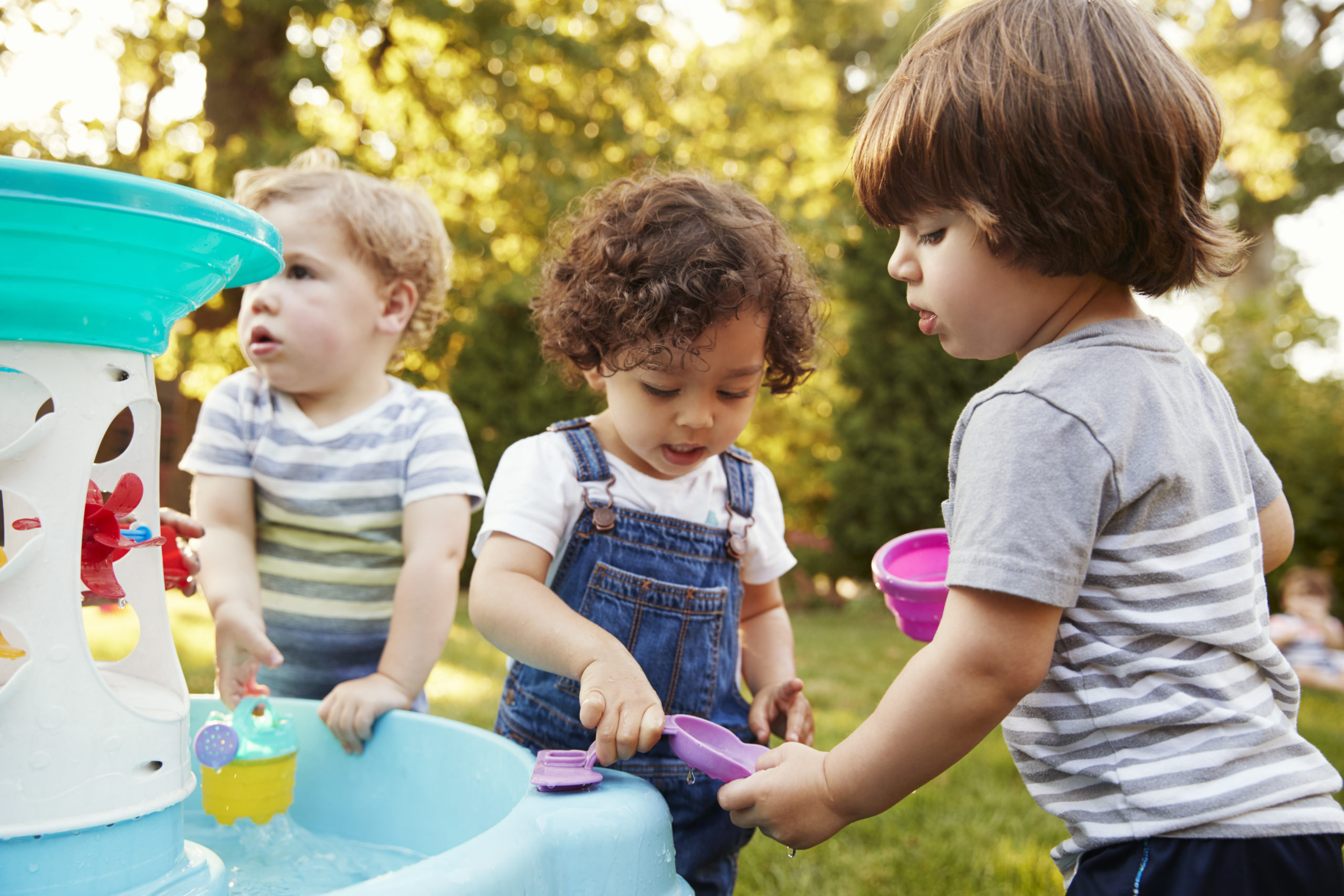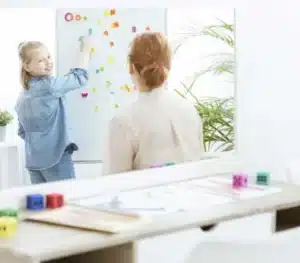As children develop, they start using both verbal and nonverbal communication for a variety of purposes like requesting, commenting, and sharing. By observing and participating in social situations, children start to learn how social interactions work. Social interaction between children is important when it comes to establishing language, social skills, and learning new information. Studies have shown that children who communicate the best with each other often tend to be the most successful socially. Children who don’t have strong communication skills have difficulty with their self-esteem and attitudes when it comes to being in school and learning. Having your child interact with other children their age will help them develop the strong skills they need and even go beyond when it comes to their language, social engagement, and their confidence!
Importance of Social Interaction
According to Tender Care Learning Center, there are four main categories your child will get most of the benefits from when interacting with other peers. The four categories being: language development, creativity, social skills, and self-esteem.
Language Development
Language involves both receptive and expressive language. It involves making connections on how to understand and communicate ideas. Strong language skills are acquired from practicing communication with others. When children are placed in an environment such as a daycare or preschool, they are exposed to daily opportunities to learn and share ideas with their peers around them.
Creativity
Creativity can stem from children engaging in play with each other and exercising their imagination. “Pretend play” is the most common form of play that allows children to expand their ideas and understand abstract thinking. Interacting with each other allows children to access new concepts and have their own interpretation in a fun and creative way.
Social Skills
Learning new skills requires not only exposure, but practice! By having your child practice their social skills in a safe space, you’re allowing them to experiment and reach their fullest potential. Examples of social skills can be turn taking, sharing, display of emotions, and cooperation.
Self-Esteem
By having your child interact with their peers daily you are strengthening their social skills and cognitive development which allows for a higher self-esteem. Having a high self-esteem has shown a willingness to interact with others and learn from their environment. By strengthening their social skills, it will impact their long-term future and allow them to be successful whether it is their relationships, career, or school setting.
Skills that are useful for children interacting with each other and building social relationships
- Sharing objects
- Saying something nice to a friend
- Asking each other to share objects
- Getting their attention
- Initiating play with a friend
How to encourage children to interact with each other
- Encourage interaction during outdoor play
- Set up dramatic play themes
- Create environments that promote small groups
- Direct conversation away from yourself and onto others
- Set up collaborative tasks
Provide additional help with needed
- Model desired skill
- Physical assistance
- Positive feedback and attention
- Verbal cues
Children develop skills at their own rate. As parents, it is normal for us to compare our child to their siblings or even to other children their own age. As some skills begin to develop early, other skills may be delayed. If you have any concerns about your child’s development it is important to seek help early on and reach out to an early intervention team!




